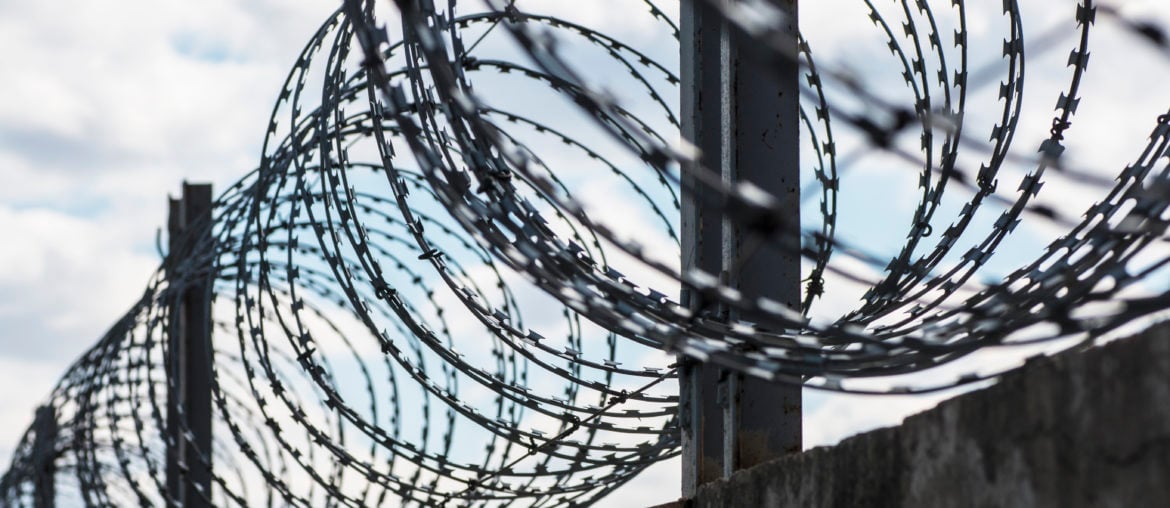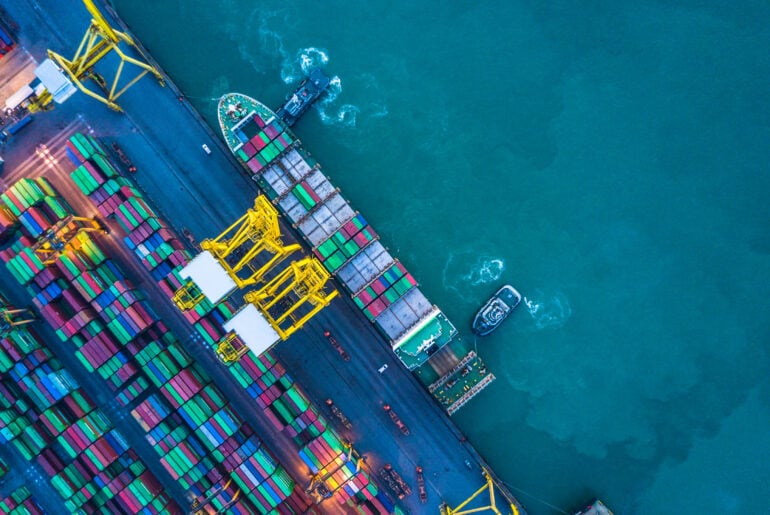On March 5, 2021, US Customs and Border Protection (“CBP”) issued a new factsheet regarding how Withhold Release Orders (“WROs”) might be modified or revoked by CBP (“WRO Modification and Revocation Guidance”), which builds upon previous guidance by CBP on similar issues, including the factsheet issued on August 6, 2020. As a reminder, a WRO can be issued when CBP reasonably (but not conclusively) believes that certain goods are mined, produced, or manufactured, wholly or in part, by forced or indentured labor, including forced child labor, and CBP officials are directed to detain shipments that are within the scope of a WRO.
In the WRO Modification and Revocation Guidance, CBP outlines how the agency might (i) modify the scope of a current WRO or (ii) revoke a current WRO.
To modify the scope of a current WRO, a foreign party subject to the WRO has to demonstrate to CBP that it has remediated all of the 11 International Labour Organization (“ILO”) indicators of forced labor (available here), in which case CBP may suspend enforcement of the WRO against the particular foreign party. The 11 indicators of forced labor, which according to the ILO represent the most common signs or “clues” that point to the possible existence of a forced labor case, are as follows:
- Abuse of vulnerability
- Deception
- Restriction of movement
- Isolation
- Physical and sexual violence
- Intimidation and threats
- Retention of identity documents
- Withholding of wages
- Debt bondage
- Abusive working and living conditions
- Excessive overtime
To revoke a WRO, a foreign party subject to the WRO has to demonstrate to CBP that it was not engaged in forced labor practices, in which case CBP may remove the foreign party from the scope of the WRO (or revoke the entire WRO, as appropriate).
The WRO Modification and Revocation Guidance also outlines information that “CBP generally considers beneficial” in reviewing a request to modify or revoke a WRO:
- Evidence refuting each of the 11 ILO indicators of forced labor;
- Evidence that policies, procedures, and controls are in place to ensure that forced labor conditions are remediated (NOTE: CBP has advised that it is not helpful to provide policies, procedures, and controls without explaining how they are implemented in practice);
- Evidence of implementation and subsequent verification by an unannounced and independent third-party auditor; and
- Supply chain maps that specify locations and identifications of the manufacturers, factories, farms, processing centers, and other key parties in the supply chain.
Key Takeaways:
A party that is currently subject to a WRO, or a US importer whose strategic supplier is subject to a WRO, may consider submitting a request to CBP consistent with the WRO Modification and Revocation Guidance to either modify or revoke the WRO against the party. Further, companies should consider whether their responsible sourcing programs are currently structured in a way that could readily assist with a WRO modification or revocation process as required by CBP. Lastly, this development further highlights the importance of proactive commitment to responsible sourcing programs as CBP tightens enforcement around forced labor compliance.
For our most recent previous blog posts on CBP’s enforcement of forced labor, please see here and here.




